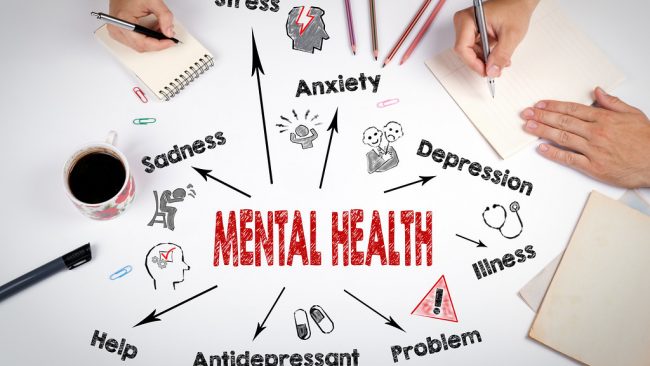Matric 2022:Are South African schools doing enough to prepare young adults for the stressful reality of the working world
Devan Moonsamy
Congratulations are in order for the exceptional achievement of the 2022 class of matriculants. As the young adults cross their fingers and open acceptance letters or even decide to take a gap year, the start to a new chapter in life is underway. The state of mind following the anticipation of the results can be extremely stressful. The wait for academic achievement that will shape the path in which these young adults trek on, can be a very volatile time for students.
But as much as there are many who are preparing to further their studies at tertiary institutions, there are also those who might not be able to take on this opportunity. Some of the students who finished their highs school career might now have to head straight to the corporate world to lend a hand with the finances at home. There might not be a chance for them to apply to an institute to study and wait for an internship to get exposure to the working world. These learners have to go straight to the working world without the chance of having a taste of what to expect.
The reality is that no amount of preparation can equip one for what to expect. Each work space has its own work culture and each job its own pressure. But there are a few techniques that can be applied to expose individuals to the world of working. The current generation is overwhelmed with the possibility of becoming the next big thing online. The glamourised world of influencing has done little to assist those in need of the guidance to pursue a career.
This does not mean that influencing does not pay. It just means that becoming an influencer seems easy and good on paper but there are much more layers to unveil. In an article published online, research has shown that the work of being an influencer is extremely fraught. The reality is that when we spend a lot of time online, we see its impact on our mental health however the career or possibility of being an influencer still seems to be glamorised despite the impact it might have on mental health wellness. (Howard) 1
The road leading to developing a career is one that requires determination and hard work. The reality is that matric is not the end. It is the beginning of a new journey. The commitment and dedication that was persevered during the career must continue in the next few years of life. However, there are instances when students receive a shock when exposed to the working world. The discipline and diligence that comes with working a 9 till 5 job, can be overwhelming and often the monotony can impact mental health.
The question is how do schools prepare learners for the future work world?
We know that the concept of having a start and a finish time might be one step in gearing up learners to become young adults with discipline. We also have the occasional career day in which students research a career and showcase the job they desire to the class. Past students who have graduated from high school also give back to their schools by sharing past experience. Mentorship programmes and shadowing might also be useful to prepare students for the life after school.
During the matric year, programmes from corporates can be beneficial to expose students to the working world. Schools might also benefit from planning excursions to places that can develop a curiosity for careers that will positively impact one’s mental health.
There is so much emphasis on success and hard work that little attention is given to the impact a career in a specific field will have on an individual’s mental health. Even though the conversation around career development is done at school, in the workplace there are seldom people assisting new comers to get to success. There is hesitation to change, personality clashes and also a range of challenges that a new generation individual might face.
The working world is in need of retrospective, in order to improve things like positive work culture, diversity and mental health awareness. Whilst on the topic of positive mental health, the workplace can also adjust its attitude to the new comers in the office. Instead of making existing staff feel exhausted by the task of playing mentor to new staff, attach a rewards or incentive programme to get existing staff members encouraged to work with young blood. (Harvard Business Review)2
Devan Moonsamy is the CEO of ICHAF Training Institute, a South African Corporate Training Provider & National Learning Institute. He is the author of Racism, Classism, Sexism, And The Other ISMs That Divide Us, AND My Leadership Legacy Journal available from the ICHAF Training Institute. He has also graduated with his Bachelor of Applied Social Science (Majoring in Psychology and Counselling) Practice/Registration Number: CO30161 – Devan is a CCSA Registered Counsellor, Executive Coach and Psychological Safety Wellness Consultant.
The ICHAF Training Institute offers SETA-approved training in business skills, computer use, and soft skills. Devan specialises in conflict and diversity management, and regularly conducts seminars on these issues for corporates. To book a seminar with Devan or for other training courses, please use the contact details below.
Tel: 011 262 2461 | 083 303 9159 |
Email: admin@ichaftraining.co.za devan@ichaftraining.co.za |
Website: www.ichaftraining.co.za | www.devan-moonsamy.com
References:
- MADELINE HOWARD PUBLISHED: DEC 15, 2022
- Article published on Harvard Business Review website. Written by: Jenny Fernandez, Julie Lee and Kathryn Landis.






